Oil is one of those mysterious substances for many car owners.
Unless you’re an enthusiast, you may well open your car’s bonnet only when something goes wrong – you’ve run out of washer fluid or there’s an alarming amount of smoke coming from somewhere. But keeping the car well lubricated is one of the most important maintenance jobs, because unwanted friction in a fast-moving engine usually leads to bad, potentially expensive news.
Advanced mechanical technology in modern cars means that modern oils are more complex than ever, according to David Wright, director general of the United Kingdom Lubricants Association.
He says increased regulations on vehicle emissions and increasing demands from consumers for performance uncompromised by advanced fuel economy have meant that the lubricant industry of oil blenders and marketers has had to keep up with manufacturer demands as they chase better efficiency.
“Smaller oil sumps mean we are all using less oil each year but the oil we are using has to work twice as hard,” Wright says. “Car manufacturers today are demanding thinner and lighter engine oil viscosities to achieve enhanced fuel consumption in a smaller, more powerful engine while at the same time reducing emissions.”
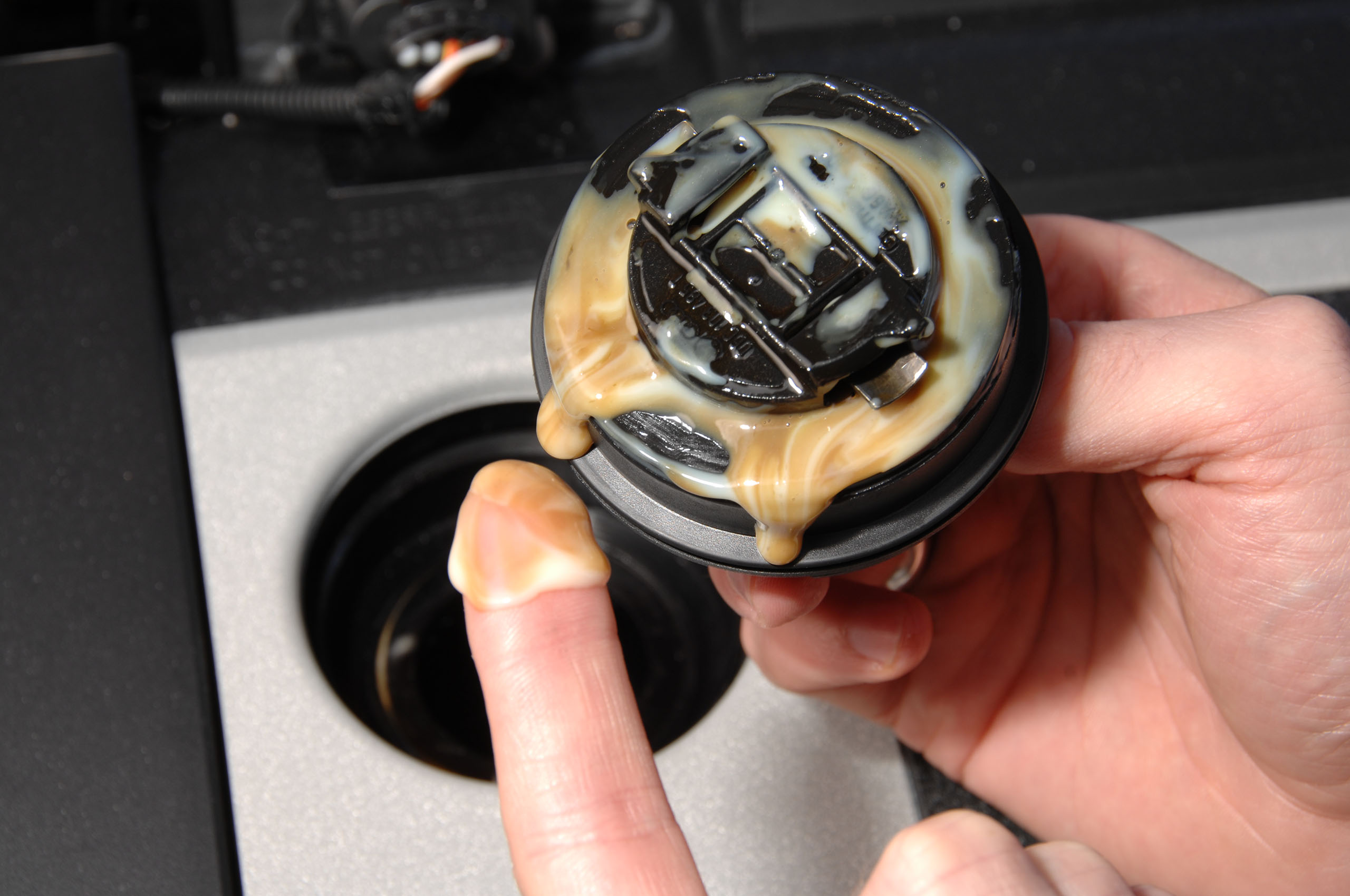
This means that getting the right oil for your car is more important than ever. Get it wrong and while you won’t see instant disaster as you would if you’d put diesel in a petrol car, you will subject your engine to excess component wear.
“You won’t see an issue immediately. It’s not like putting contaminated fuel into your vehicle,” says Wright. “But within 20,000 miles, you could have severe operational issues.”
What kind of oil you need depends on the engine. All new cars will come with a recommended grade listed in the manual and usually a recommended manufacturer, too. The grade will be shown in numbers, separated by the letter ‘w’ – for example, 5w40.


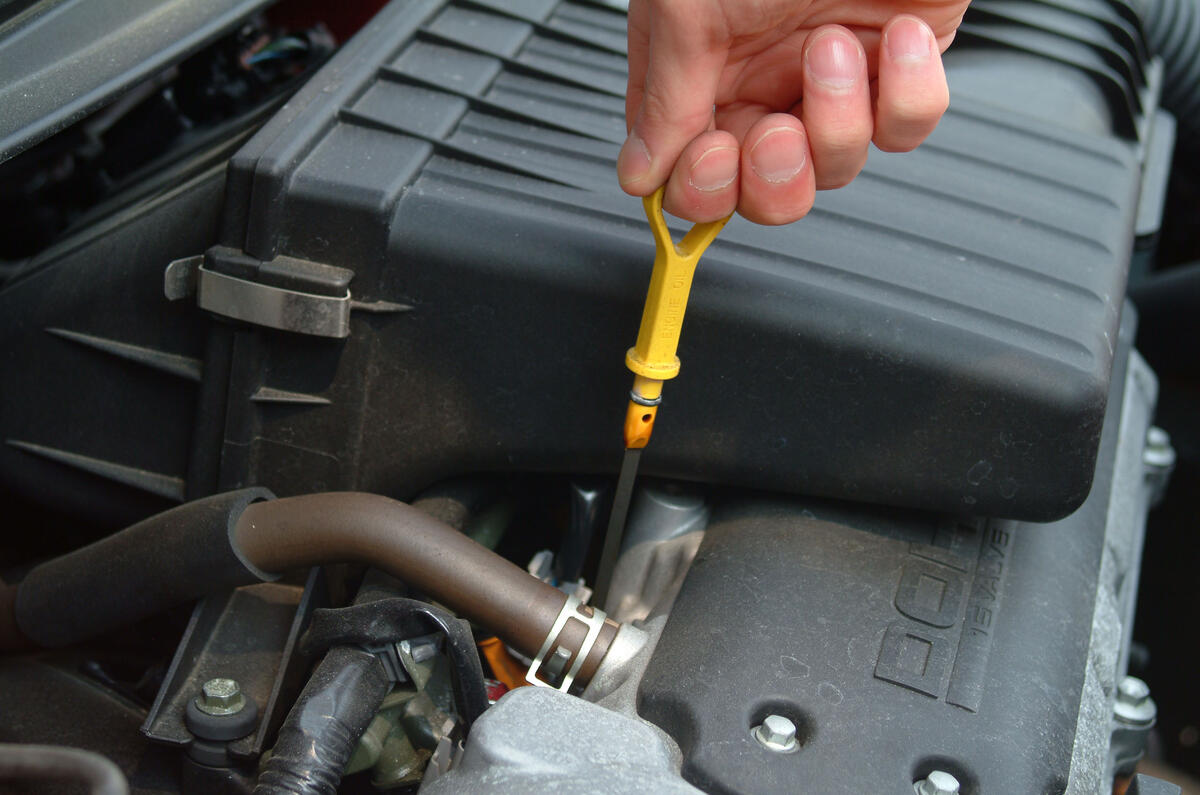
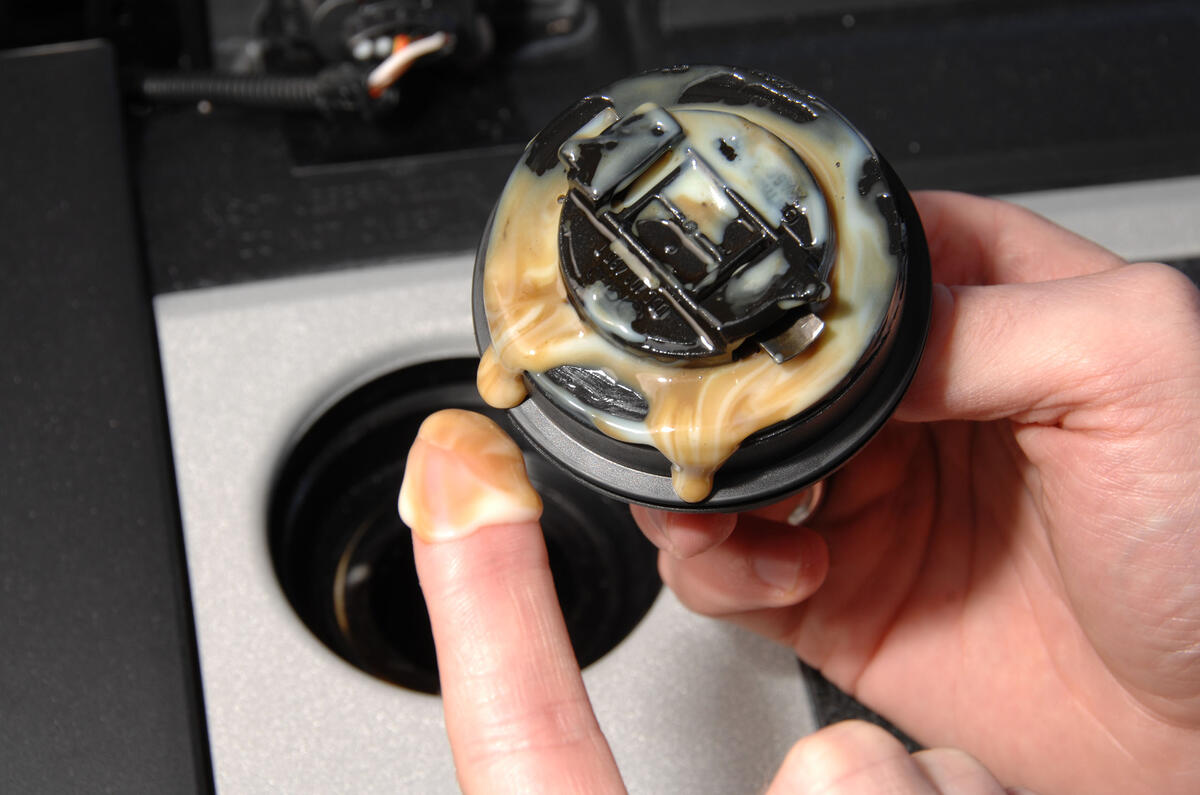

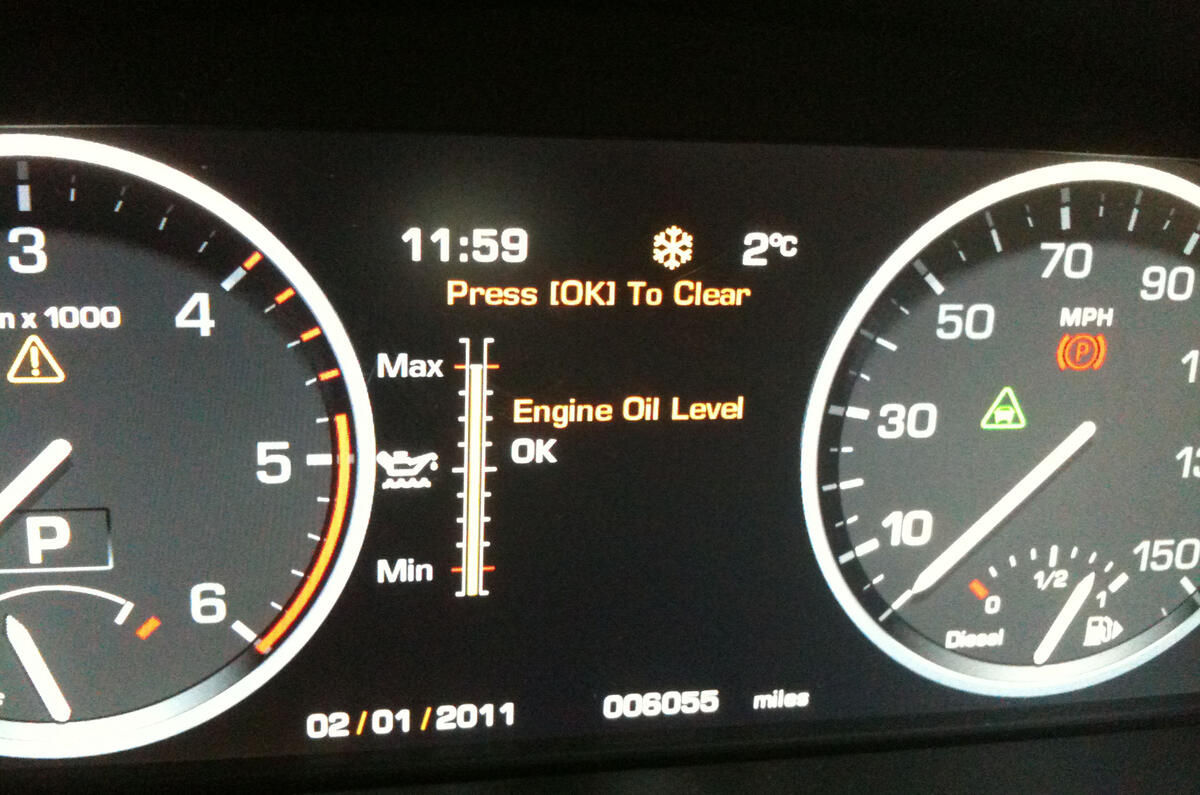
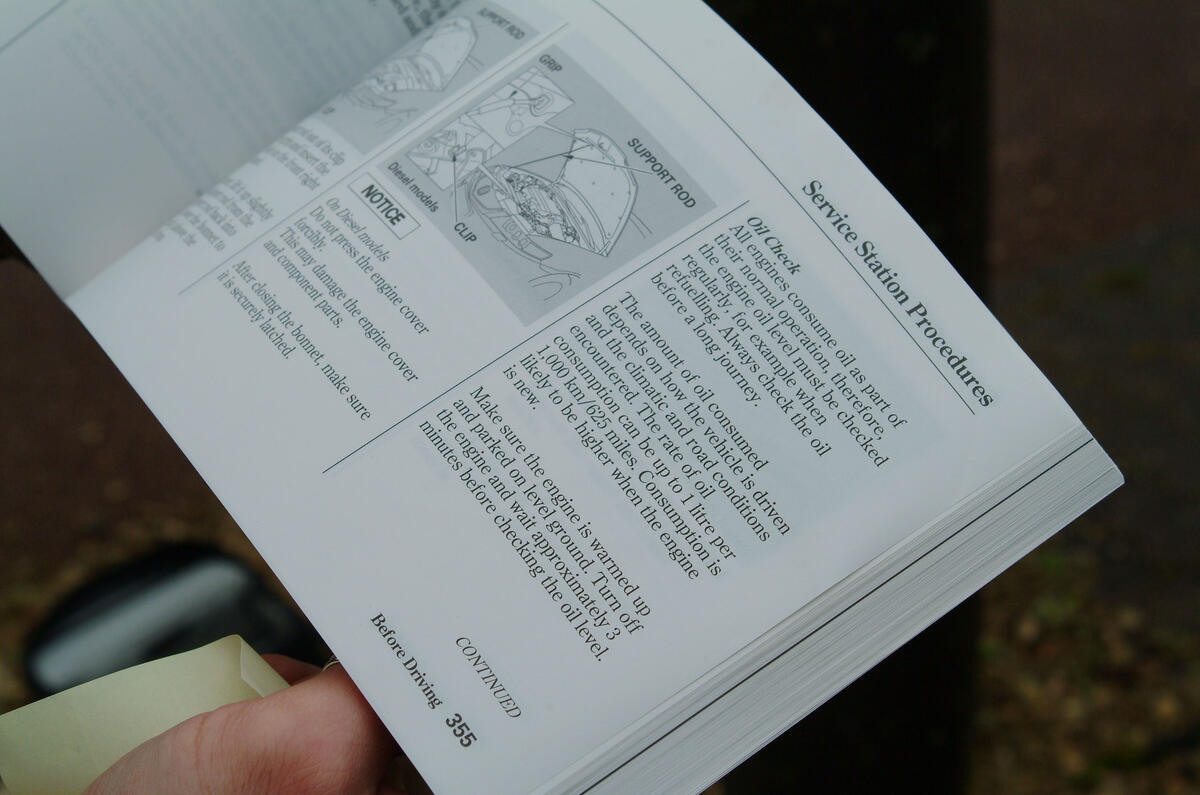


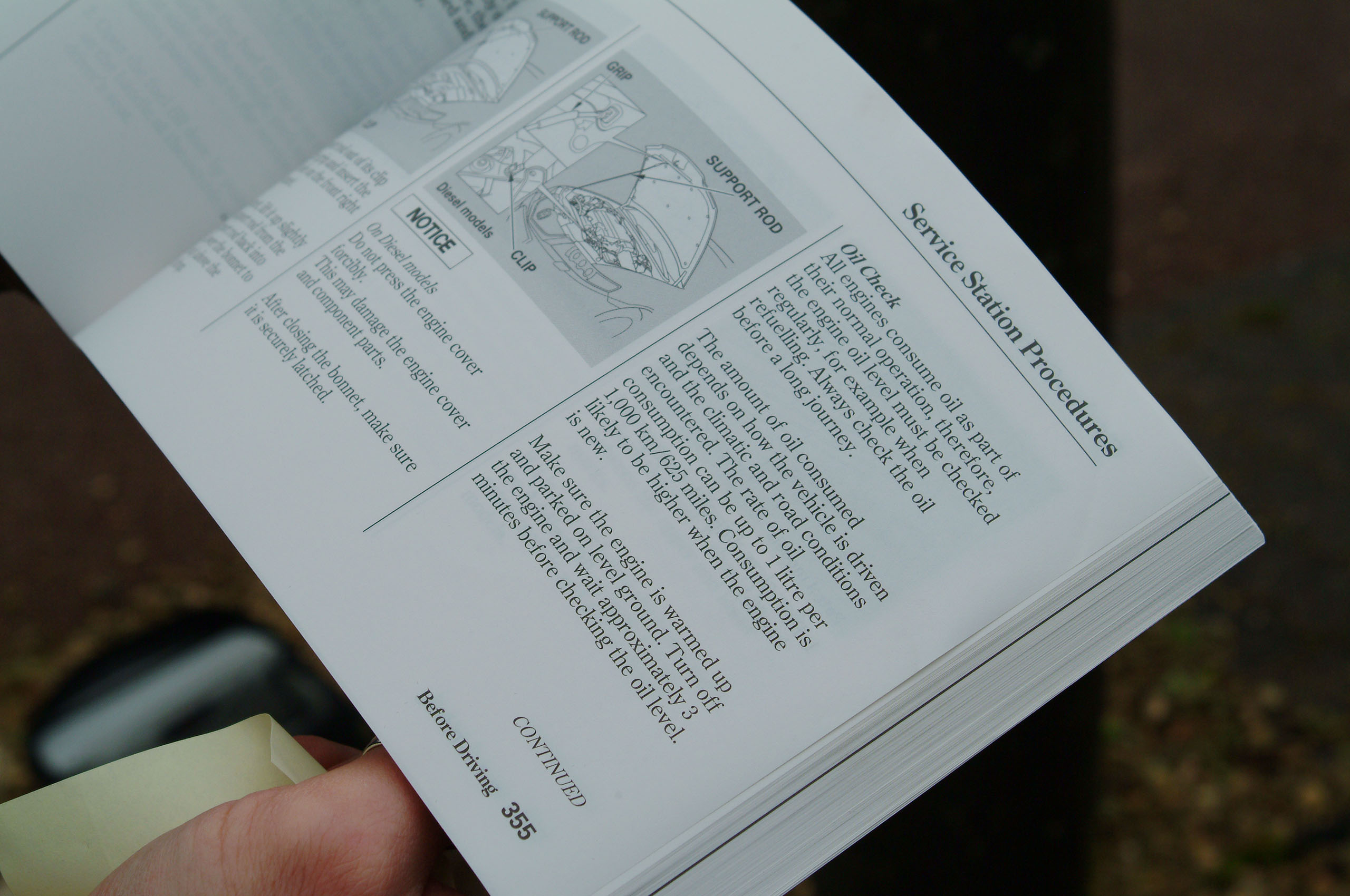

Join the debate
LP in Brighton
Other considerations
Be aware that overfilling is just as dangerous to your engine's health as underfilling, because both can cause oil starvation.
289
"What’s the best oil for my car?".....
I have just read the whole blog to be told read my cars manual!
Great advice....given that the manual doesn't say.
Bob Cholmondeley
289 wrote:
That is a failure to inform by your car's manufacturer and you should take it up with them. It is NOT autocar's fault, their advice is good.
jmd67
I always check my oil after a
malah1de
sunshine service
Peter Cavellini
check?!
ericmorton
Engine Oil
xxxx
Engine oil advice
There are so many incorrect points here I hate to think what your recommended wesite says
Will86
How often should you change your oil?
Just as important as choosing the right oil is changing it regularly. I am always a bit sceptical of these 20k mile plus oil change intervals. In the US many cars have fresh oil every 5k.
ridnufc
Will86 wrote:
jn fear of opening the whole USA/European oil change debate there is no need to change the oil on a new car every 5k. It’s widley accepted (in eu and uk) that the USA perception is built on old cars in the 70s and the type of oil USA used to use.
For someone buying a brand new Astra or focus there is no need to change the oil every 5k. That’s a nonsense, if it damaged engines the manufacturer would make people do it or they would be hit with the warranty claims. I’m inclined to side with the manufacturer who have tested the tolerances of the car and base all their decisions on costs.
However if you have an old car at high mileage there may be benefits from regular oil change.
Pages
Add your comment